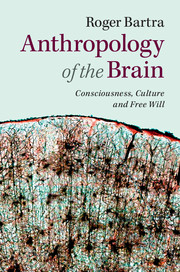18 - Unchained reasons
Published online by Cambridge University Press: 05 June 2014
Summary
There is a forceful statement by the great Scottish philosopher David Hume that is often cited by the determinists: “Reason is and ought only to be the slave of the passions.” Hume, in his Treatise of 1740, rejects a theory of freedom that does not accept the basic principles of causality and necessity, because he believes that if they are removed then freedom is eliminated by chance. In this context he establishes that reason cannot cause any action on its own, because for this to happen, it must be accompanied by the passions. Eight years later in An Enquiry Concerning Human Understanding (1748), he once again insisted on the determinist theme: “It is universally allowed that nothing exists without a cause of its existence, and that chance, when strictly examined, is a mere negative word, and means not any real power which has anywhere a being in nature.” And a bit further on he explains that freedom, when opposed to necessity, is identical to chance, which does not exist, because Hume understands chance as a situation that is not produced by any cause. However, in this scientific and empiricist context, Hume left us a definition of liberty: “By liberty, then, we can only mean a power of acting or not acting, according to the determinations of the will; this is, if we choose to remain at rest, we may; if we choose to move, we also may.” This freedom – which is not chance – is universally accepted as belonging to all those who are neither prisoners, nor in chains.
- Type
- Chapter
- Information
- Anthropology of the BrainConsciousness, Culture, and Free Will, pp. 139 - 145Publisher: Cambridge University PressPrint publication year: 2014



